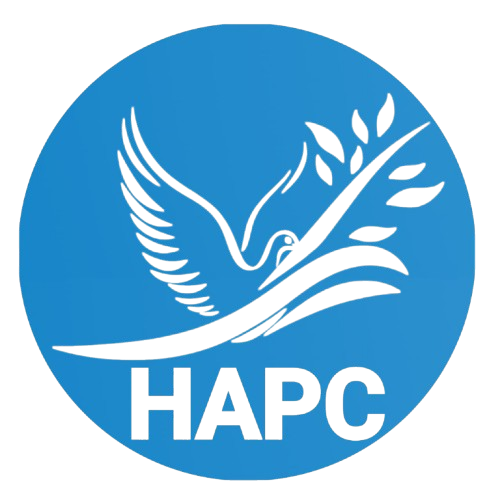Our Services
Research Services
1. Policy-Oriented Research: Conducting evidence-based studies on peacebuilding, conflict dynamics, and resilience specific to the Horn of Africa’s social, political, and environmental contexts.
2. Conflict and Fragility Analysis: Assessing conflict trends, drivers of fragility, and interlinkages between climate change and security in the region.
3. Impact Assessments: Evaluating the success of peacebuilding, humanitarian, and resilience programs across the Horn of Africa.
4. Baseline and Needs Assessments: Identifying local needs in conflict-affected communities, climate-vulnerable vulnerabilities, Emergency management and Disaster Risk Reduction
5. Digital Landscape Mapping: Researching the use of technology in peacebuilding, Crisis response, Disaster Risk Reduction and assessing opportunities for innovation.
Training and Capacity Building
1. Peacebuilding and Conflict Resolution: Workshops tailored to traditional and modern conflict resolution practices in the Horn of Africa.
2. Digital Peacebuilding Skills: Training on using social media, digital tools, and online platforms for dialogue, advocacy, and early warning systems.
3. Humanitarian Action in Complex Contexts: Skills development for managing crises in areas affected by armed conflict and natural disasters.
4. Climate Adaptation and Disaster Resilience: Training on community-based approaches to climate change adaptation and disaster risk reduction in arid and semi-arid regions.
5. Leadership for Resilience: Building capacity in community leaders and youth groups to promote dialogue and lead peacebuilding efforts.
6. Disaster Risk Reduction: Training focused on Disaster risk assessment and hazard identification, emergency preparedness and response, and vulnerability analysis.
Advisory and Consultancy Services
1. Conflict-Sensitive Program Design: Developing tailored solutions for NGOs, governments, and donors in the Horn of Africa.
2. Digital Conflict Management Strategies: Advising organizations on leveraging technology for conflict monitoring, reporting, and resolution.
3. Cross-Border Peace Initiatives: Supporting collaboration between communities and governments in addressing shared challenges like cross-border conflicts and resource disputes.
4. Stakeholder Engagement: Facilitating inclusive engagement among governments, civil society, and marginalized groups.
5. Policy Recommendations: Offering actionable policy advice on governance, peacebuilding, Disaster Management and climate action.
Facilitation and Social Change initiatives
1. Community Dialogues: Facilitating traditional and digital platforms for inter-community dialogue on peace and development.
3. Mediation Services: Assisting in resolving disputes over resources, political differences, or inter-ethnic tensions.
4. Peace Through Art: Using creative expression (music, theater, visual arts) to build empathy and mutual understanding.
5. Cultural Preservation: Protecting cultural heritage as a means to foster identity and reconciliation.
Digital Peacebuilding Strategies
1. Social Media Campaigns: Designing initiatives to counter hate speech, promote tolerance, and build awareness of peace efforts.
2. Digital Early Warning Systems: Implementing tools for conflict prediction, reporting, and crisis response.
3. Virtual Dialogues: Hosting online forums for cross-community and diaspora engagement in peacebuilding.
4. E-Learning Platforms: Providing virtual courses and toolkits on peacebuilding, disaster management, climate resilience, and humanitarian action.
5. Technology for Inclusion: Leveraging mobile apps and SMS systems to engage marginalized groups in peace and resilience efforts.
Knowledge Management and Advocacy
1. Localized Resources: Producing toolkits, manuals, and guides in local languages and tailored to regional dynamics.
2. Awareness Campaigns: Developing campaigns on peacebuilding, climate adaptation, and humanitarianism using traditional and digital media.
3. Regional Conferences and Webinars: Organizing events to share insights and foster collaboration among stakeholders in the Horn of Africa.
